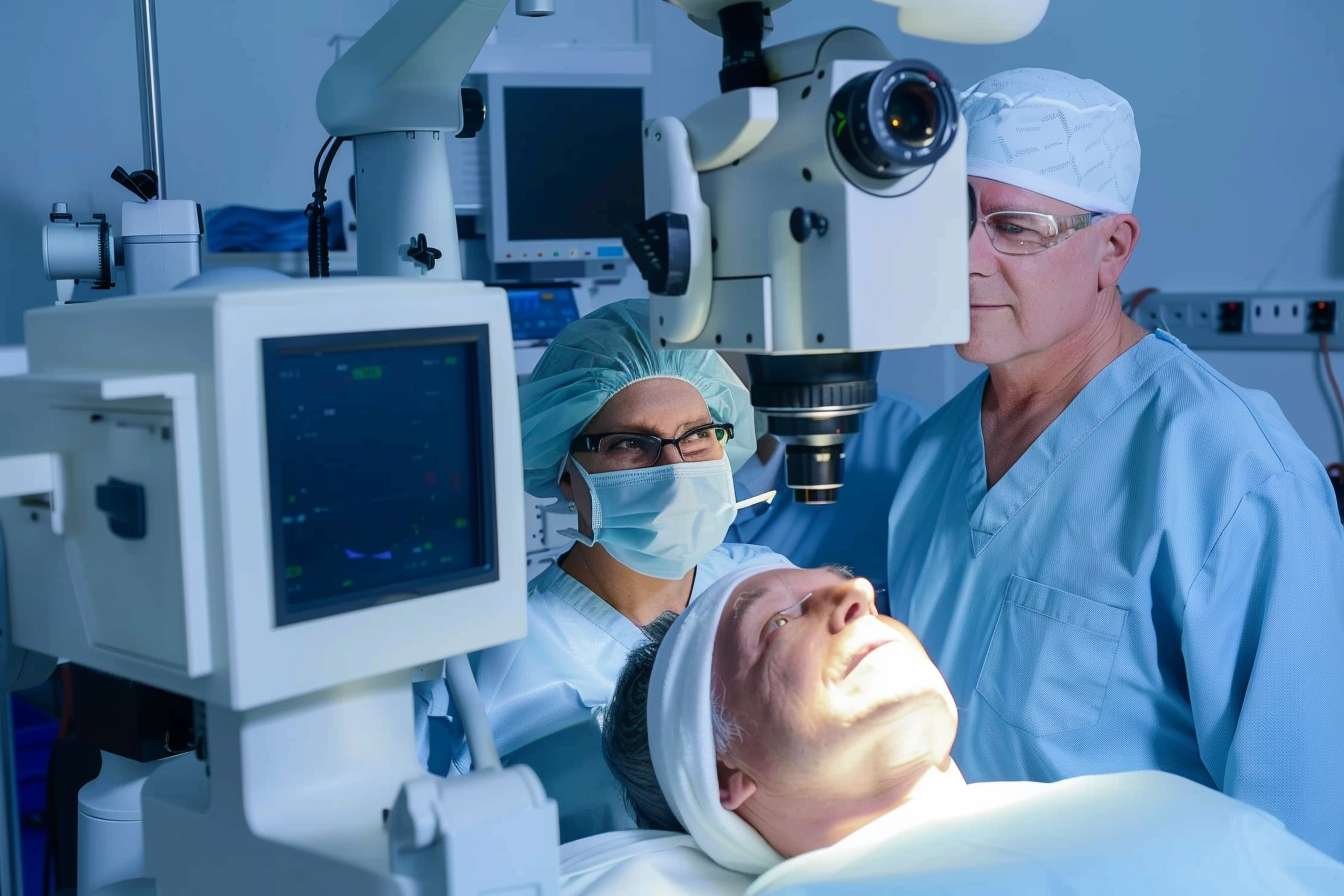Discover the Best Job Opportunities in Hospital Cleaning Jobs in 2025
Looking for hospital cleaning jobs is an excellent opportunity for those who want to contribute to public health. These positions are essential for maintaining safe environments for patients and medical staff. There is a variety of openings and flexible schedules, allowing you to balance work and personal life while making a meaningful impact in the healthcare sector.

What are the primary responsibilities in hospital cleaning jobs?
Hospital cleaning jobs involve a wide range of tasks aimed at maintaining a sterile and safe environment for patients, visitors, and healthcare professionals. These responsibilities typically include:
-
Disinfecting patient rooms, operating theaters, and common areas
-
Properly disposing of medical waste and hazardous materials
-
Cleaning and sanitizing medical equipment
-
Maintaining inventory of cleaning supplies and restocking as needed
-
Following strict infection control protocols and safety guidelines
-
Collaborating with medical staff to ensure cleanliness standards are met
By fulfilling these duties, hospital cleaners play a crucial role in preventing the spread of infections and contributing to overall patient care.
Why are hospital cleaning jobs considered an excellent job opportunity?
Hospital cleaning jobs offer several advantages that make them an attractive career choice:
-
Job stability: Healthcare facilities require continuous cleaning services, providing steady employment opportunities.
-
Flexible schedules: Many hospitals offer various shifts, allowing employees to balance work with personal commitments.
-
Room for advancement: With experience and additional training, cleaners can progress to supervisory or specialized roles.
-
Competitive benefits: Many hospitals offer comprehensive benefits packages, including health insurance and retirement plans.
-
Sense of purpose: Cleaning professionals directly contribute to patient care and public health, fostering a sense of fulfillment.
These factors combine to make hospital cleaning jobs an excellent opportunity for those seeking a rewarding and stable career path.
What skills and qualifications are needed for hospital cleaning jobs in 2025?
As the healthcare industry advances, so do the requirements for hospital cleaning professionals. In 2025, the following skills and qualifications are likely to be in high demand:
-
Knowledge of advanced cleaning techniques and equipment
-
Familiarity with infection control protocols and safety regulations
-
Basic understanding of medical terminology and procedures
-
Strong attention to detail and ability to follow precise instructions
-
Physical stamina and ability to stand for extended periods
-
Excellent communication skills for interacting with staff and patients
-
Adaptability to new technologies and cleaning methods
-
Certification in healthcare cleaning or related fields (increasingly preferred)
Developing these skills and obtaining relevant certifications can significantly enhance job prospects in the field.
How is technology impacting hospital cleaning jobs?
In 2025, technology is expected to play an increasingly significant role in hospital cleaning jobs. Some notable advancements include:
-
Robotic cleaning assistants for large-scale floor cleaning and disinfection
-
UV-C light disinfection systems for thorough room sanitization
-
IoT-enabled cleaning equipment for tracking usage and efficiency
-
Advanced air purification systems requiring specialized maintenance
-
Digital tracking systems for monitoring cleaning schedules and compliance
Hospital cleaners who are comfortable with these technologies and can adapt to new innovations will be highly valued in the job market.
What are the unique aspects of hospital cleaning jobs in the United States?
Hospital cleaning jobs in the United States offer some distinct advantages and considerations:
-
Strict regulatory environment: The U.S. healthcare system is heavily regulated, ensuring high standards of cleanliness and safety.
-
Diverse healthcare landscape: Opportunities exist in various settings, from small clinics to large university hospitals.
-
Cultural competence: Given the diverse patient population, cultural sensitivity is highly valued.
-
Continuous education: Many U.S. hospitals provide ongoing training and development opportunities.
-
Union representation: Some hospital cleaning staff are represented by unions, potentially offering additional job protections and benefits.
Understanding these unique aspects can help job seekers better navigate the U.S. hospital cleaning job market.
What are the salary expectations and job outlook for hospital cleaning jobs in 2025?
The salary range and job outlook for hospital cleaning positions in 2025 are expected to be favorable:
| Position | Entry-Level Salary | Experienced Salary | Job Growth Outlook |
|---|---|---|---|
| General Hospital Cleaner | $25,000 - $30,000 | $35,000 - $45,000 | 6% (As fast as average) |
| Specialized Cleaner (e.g., Operating Room) | $30,000 - $35,000 | $40,000 - $50,000 | 8% (Faster than average) |
| Cleaning Supervisor | $40,000 - $45,000 | $50,000 - $60,000 | 7% (As fast as average) |
| Environmental Services Manager | $55,000 - $65,000 | $70,000 - $90,000 | 9% (Faster than average) |
Prices, rates, or cost estimates mentioned in this article are based on the latest available information but may change over time. Independent research is advised before making financial decisions.
The job outlook for hospital cleaning positions remains positive, with steady growth expected due to the ongoing need for healthcare services and increased focus on infection control. Specialization and advancement into supervisory roles can lead to higher earning potential and career growth opportunities.
In conclusion, hospital cleaning jobs in 2025 offer excellent opportunities for those seeking to contribute to public health while enjoying stable employment. With advancements in technology, increasing specialization, and a growing focus on infection control, these positions are likely to become even more critical in the healthcare industry. By developing relevant skills and staying adaptable to new technologies, individuals can build rewarding careers in this essential field.




